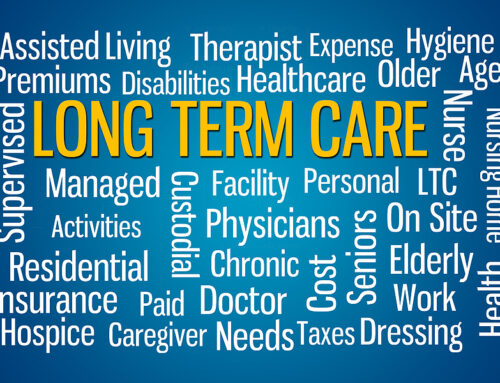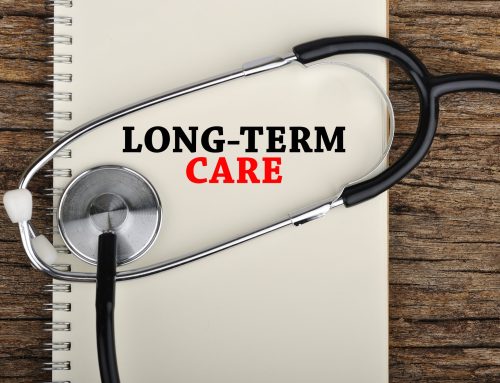
While staying healthy is something achievable in retirement, there is no way currently to reverse the aging process. As such, health needs arise, including those for doing daily tasks. Assistance for such tasks is called long-term care. Not everyone will need it, of course, but it is something that can come up for you during your retirement years. According to the United States Department of Health and Human Services, over 70% of seniors will require long-term care at some point in their lives.[1] So that means that long-term care might be something worth keeping an eye on and working into your retirement plan.
Those without a plan or the money to afford long-term care might end up leaning on their family members to support them.[1] While not always unfeasible, it may not be what you envision for your retirement. It can also cause financial burdens on your family members because caring for you may limit their ability to work, or it may require them to pay for some of your expenses.[1] Everyone’s situation is different, but just because you can’t predict the future doesn’t mean you shouldn’t plan for it.
So, what planning options are available to you when it comes to planning for the possibility of long-term care?
One option is to factor the possibility of long-term care into your retirement budget. When you are designing your retirement plan, if you take the possibility of long-term care into account, you might find yourself more prepared if you need that care in the future. This includes making health insurance decisions with the knowledge of how long-term care may or may not factor in.
Another option is to consider contributing to a Health Savings Account (also called HSA). An HSA will allow you to contribute money to an account (sometimes returns-generating), of which withdrawals are not taxed as long as you use it on medical expenses.[2] There are other rules and requirements for setting up an HSA, and depending on your situation, it may not be available to you. But it may be worth considering this type of savings account.
As you can see from this article, there are many possible options and considerations for your retirement plan. When it comes to retirement planning, there is no one-size-fits-all approach. If you are looking for an individualized retirement plan that is designed specifically for you, consider reaching out to one of our professionals today for a complimentary review of your finances.









